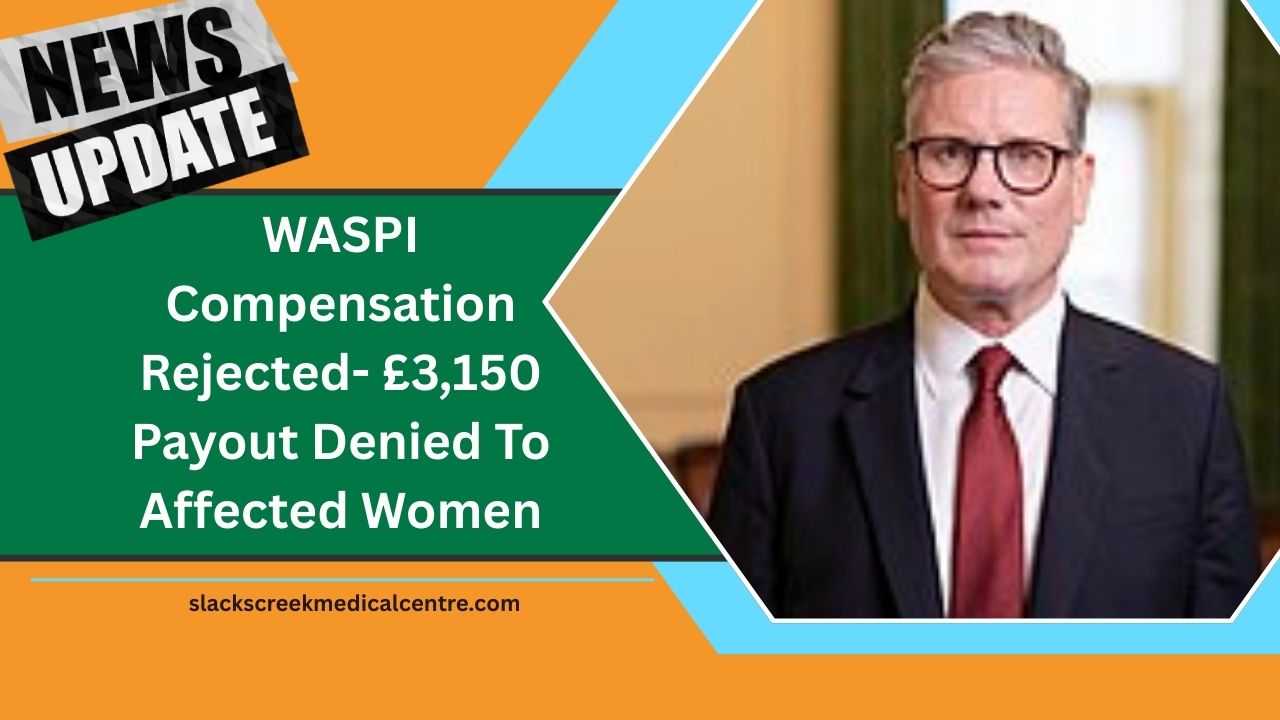The Women Against State Pension Inequality (WASPI) campaign has been at the forefront of advocating for compensation for women born in the 1950s who were adversely affected by changes to the state pension age.
These changes, which increased the pension age from 60 to 66, were implemented with limited communication, leaving many women unprepared for the financial implications.
In December 2024, the UK government addressed the issue, providing clarity on the compensation debate.
Government’s Position on Compensation
In December 2024, Work and Pensions Secretary Liz Kendall announced that the government would not offer compensation to the affected women.
The decision was based on the assessment that a significant majority of these women were aware of the changes to the state pension age.
According to government research, 90% of women born in the 1950s were informed about the pension age increase by 2004.
Furthermore, the government argued that sending earlier notifications would not have substantially altered the awareness levels.
Therefore, they concluded that providing financial compensation would not be a fair or proportionate use of taxpayer money.
READ MORE: UK Households to Receive Unexpected £90 Payment – Are You Eligible?
Parliamentary and Health Service Ombudsman’s Findings
Prior to the government’s decision, the Parliamentary and Health Service Ombudsman (PHSO) conducted an investigation into the Department for Work and Pensions’ (DWP) communication regarding the pension age changes.
The PHSO’s report, released in March 2024, found that the DWP’s communication was inadequate, leading to confusion and lack of awareness among many affected women.
The Ombudsman recommended that compensation be provided to those who suffered as a result of this maladministration.
WASPI Campaign’s Response
The WASPI campaign, representing the interests of these women, expressed strong dissatisfaction with the government’s decision.
They argue that despite the government’s stance, many women were not properly informed about the changes, leading to financial and emotional hardship.
In February 2025, the WASPI campaign issued a “letter before action” to the Department for Work and Pensions, threatening legal action unless the government revisits its decision on compensation.
Current Status
As of April 2025, the debate over compensation for WASPI women remains unresolved. The government’s refusal to provide compensation contrasts with the Ombudsman’s recommendations and the WASPI campaign’s advocacy. The situation continues to evolve, with potential legal actions pending.
The issue of compensation for WASPI women highlights the complexities of policy changes and their communication.
While the government maintains that most women were informed and thus no compensation is warranted, the Ombudsman and advocacy groups present a contrasting view, emphasizing the need for acknowledgment and redress.
As legal challenges loom, the final resolution of this issue remains uncertain.
FAQs
Why did the government reject compensation for WASPI women?
The government determined that most affected women were aware of the pension age changes, deeming compensation unnecessary and financially burdensome.
What did the Parliamentary and Health Service Ombudsman recommend?
The Ombudsman found that the DWP’s communication was insufficient and recommended compensation for women adversely affected by the lack of proper notification.
What actions is the WASPI campaign considering?
The WASPI campaign is exploring legal avenues to challenge the government’s decision, including potential court proceedings if compensation is not reconsidered.
